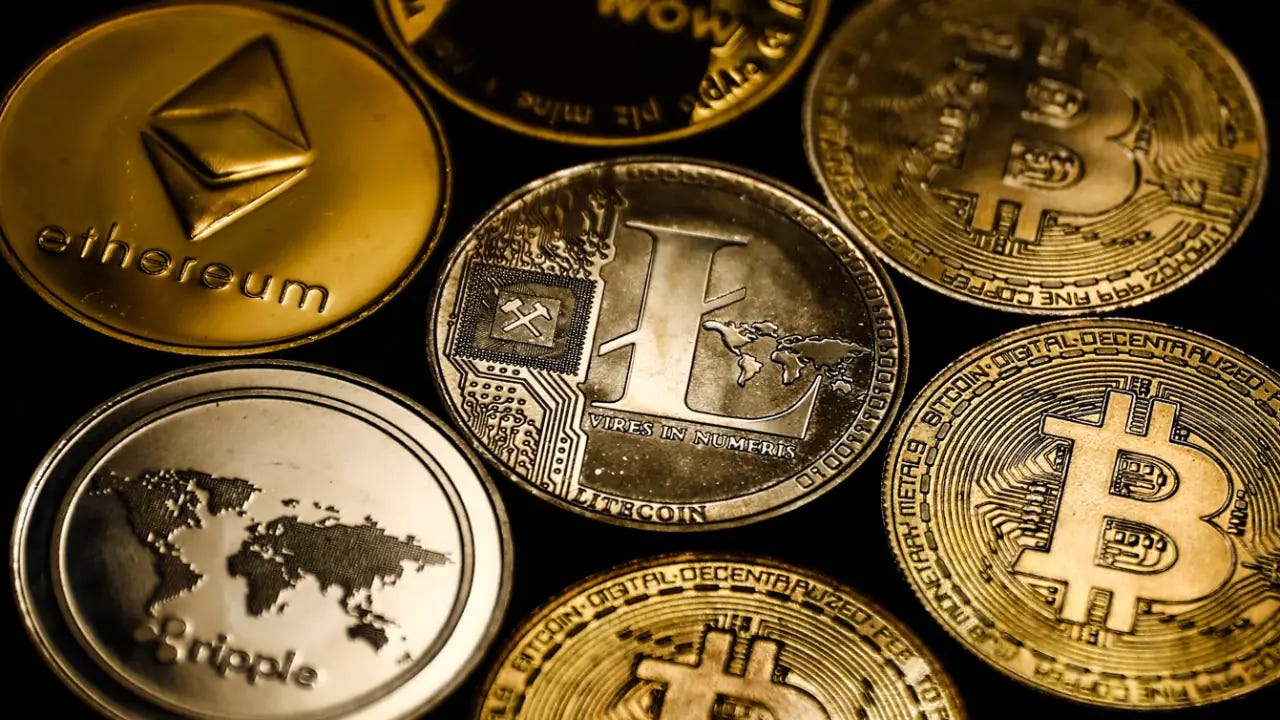Okay, so where does all this build-up to blockchain take us to?
Part 2 of the 'Blockchain explainer' piece
If you've been through part 1 of this explainer piece, you know that the key benefits of blockchain are decentralization, transparency & immutability. So what does this mean in terms of impact in the real world?
To begin with, there is of course a massive industry around crypto-currencies; billions of dollars of capital that have chased almost every arm of the cryptocurrencies industry, in addition to the coins themselves:
Binance & Coinbase are probably the most well-known names. These are crypto-exchanges, where one could buy or sell his crypto coins.
Then there are players such as BitPay & Circle, who provide wallets to hold these crypto coins in & make payments out of.
Next, there are custodians like Coinbase & Gemini which provide secure storage for crypto assets.
Ripple uses blockchain to facilitate crypto-backed cross-currency payments.
Firms like Blockstream specialise in providing blockchain system infrastructure to coins.
Names such as Bitmain have carved a niche in coin mining related hardware.
Of course, there are mining pools like F2Pool, which are groups of crypto miners who form a network of their mining machines to boost their chances of earning the reward for opening a new block.
Crypto asset managers such as Multicoin Capital & Pantera have sprouted as institutional asset managers that focus on coins.
There are news & pricing data aggregators such as CoinDesk, that have positioned themselves as the Bloomberg of this new world.
Each of the above are interesting stories & well-funded big names now, that we may touch upon in subsequent posts. Today, though lets get an overview of where could blockchain be used outside of the crypto-currencies industry.
There are several possibilities where this world of blockchain could take us.
Currently credit scoring is carried out by credit bureaus. Could there be a world where this process is not with a centralized institution? Could this process get de-centralised if every credit event was put on a blockchain of some kind?
Security traders buy and sell securities on the world’s stock exchanges; their trades clear instantly but take three days to settle. Could this exchange mechanism & settlement process get de-centralised? Why just security traders, this could be extended to settlements between traditional banks, with multiple branches in multiple countries, too?
What about authentication of collaterised loans or insurance claims with blockchain based ‘smart contracts’? What about merchant payments? What about your personal information, such as National ID number, could that be on a secure blockchain & shared (with your consent of course) with those who need to authenticate your identity? Could small/medium enterprises looking for invoice-financing get their invoices authenticated on a blockchain?
Of course, de-centralising anything involves a lot of real-world issues. An overhaul of legacy systems in banks or exchanges or anywhere really, is not an easy job. Laying down completely new highways for a system that’s already working, only with unclear future efficiencies, makes many wonder whether its worth fixing something that’s not absolutely broken. Then there are regulatory & legal considerations. A key question for regulators when it comes to decentralized systems is, ‘who should be held accountable for a breach of the law?’
We don’t know yet which of these use cases will be able to handle these real-world challenges & make the big breakthroughs. So let’s watch the space closely together!
Have you heard of any blockchain-based breakthroughs that you think are game-changers?



